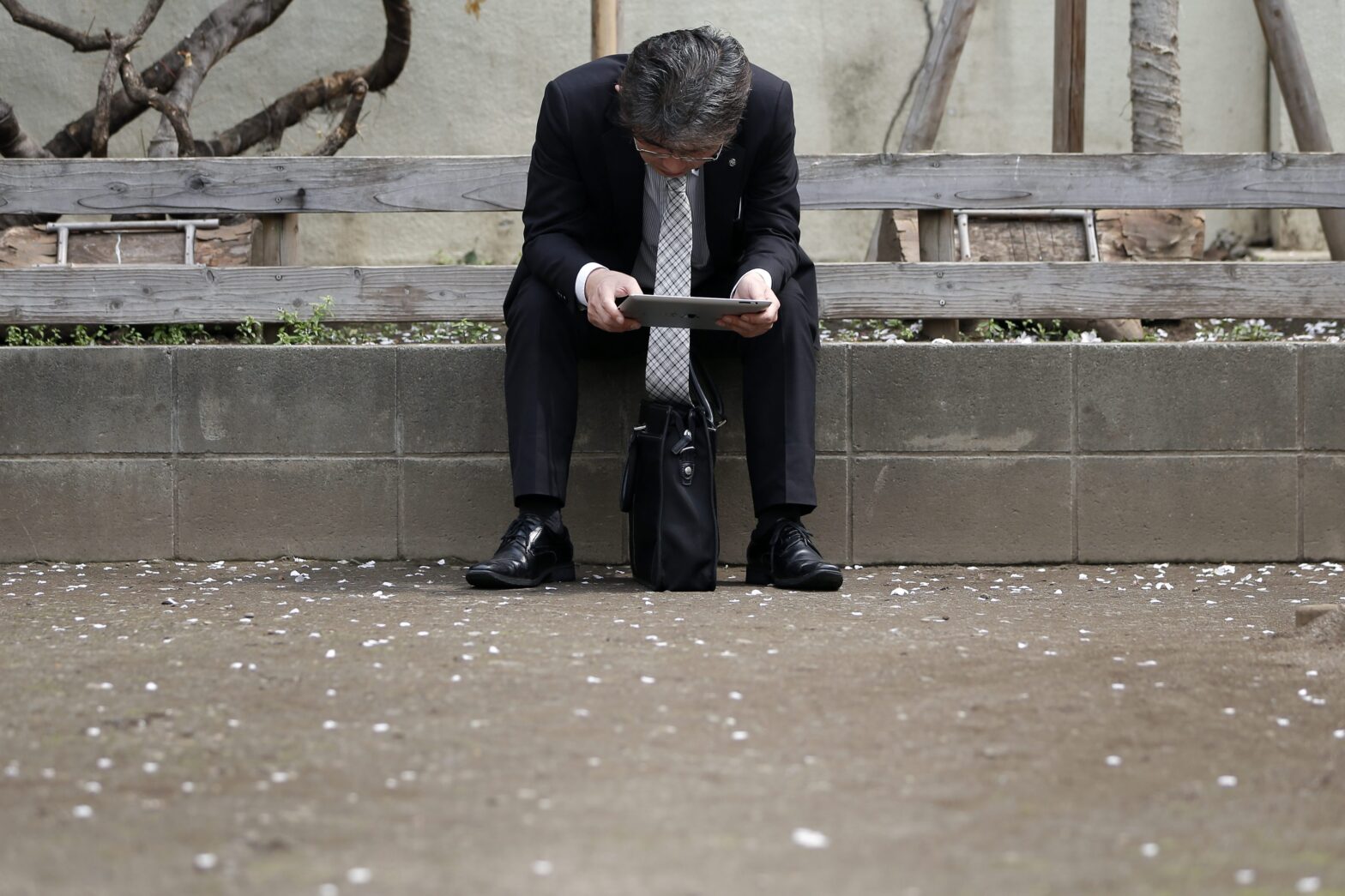The rules of the game concerning financing of civil society organisations will change once Croatia joins the EU, but optimistic statements regarding Croatia’s readiness to access available funds and secure sustainability and continuance of non-governmental sector development are still not justified, even though non-governmental sector represents desirable employer for one in 58 Croatian citizens.
The rules of the game concerning financing of civil society organisations will change once Croatia joins the EU, but optimistic statements regarding Croatia’s readiness to access available funds and secure sustainability and continuance of non-governmental sector development are still not justified, even though non-governmental sector represents desirable employer for one in 58 Croatian citizens. As it were,for a month now the said civil society organisations await information from relevant Ministries on the procedures for defining financing priorities from 2014 to 2020 and according to information from the Central Financing and Contracting Agency the working groups should be starting their work during this month!
From 2014 to 2020 the money from European Social Fund (ESF) – one of the largest sources of European funding for projects and programs – will be available but only to those that have been included into previously defined financing areas. Considering that ESF was established to reduce development differences between EU states and European regions, in order to strengthen economic and social cohesion, financing priorities are adjusted to the actual local status, so each country defines its own priorities. For example, civil sector in the UK is focused on small and medium entrepreneurship, but if such policy were to be applied in defining ESF financing priorities for Croatia, sustainability of civil society organisations would become impossible.
Given that civil society organisations in Croatia contribute to democratization, protection of human rights and strengthening of the rule of the law; we believe that it would be essential to urgently include representatives from the civil sector into preparation of priorities for realization of support to civil society organisations.
Moreover, non-governmental sector provides revenues into the state budget and increases employment: according to the data from the Ministry of Finance OCDs employed 17,724 persons in 2010, and this number increased to 18,667 in 2011, which represents employment increase of over five percent.
Therefore, pursuant to the Code of Practice on Consultation with the Interested Public, 85 civil society organisations requests from the Ministry of Finance and the Ministry of Regional Development and EU Funds to inform the public on the decision-making process concerning defining financing priorities from 2014 to 2020, and to include civil sector representatives into preparation of priorities and financing procedures.
Civil society organizations supporting this initiative:
1. Academus
2. Centar za mir, nenasilje i ljudska prava Osijek
3. Hrvatski institut za lokalnu samoupravu (HILS)
4. Društvo za psihološku pomoć
5. Autonomni centar – ACT
6. DEŠA – Dubrovnik
7. Riječki sportski savez
8. Udruga malih sirara Osječko-baranjske županije Siros
9. Hrvatska gorska služba spašavanja
10. GONG
11. Zelena akcija
12. Savez udruga Klubtura
13. Institut za demokraciju IDEMO
14. Ženska udruga “Izvor”
15. Srpski demokratski forum SDF
16. Pokreni ideju – Udruga za promicanje socijalnih inovacija (Hub Zagreb inicijativa)
17. LAG Sumaniovći
18. Hrvatska udruga za školovanje pasa vodiča i mobilitet
19. Udruga invalida rada Vukovar
20. CEDEPE – Društvo osoba s cerebralnom i dječjom paralizom Zagreb
21. Centar za socijalnu inkluziju Šibenik
22. Udruga za promicanje ljudskih prava i medijskih sloboda “Cenzura plus”
23. Mirovna grupa Oaza Beli Manastir
24. Hrvatski pravni centar
25. Hrvatski crveni križ
26. Centar za edukaciju i informiranje potrošača
27. Partnerstvo za društveni razvoj
28. Centar za žene žrtve rata ROSA
29. Udruga za promicanje projektne kulture “EU klub”
30. Udruženje stanara grada Osijeka
31. Razvojna agencija Sjever
32. Mreža mladih Hrvatske
33. Udruga invalida rada Vukovar
34. Strukovna udruga za promicanje dobrobiti djece „Portić“
35. Organizacija za građanske inicijative OGI
36. Transparency International Hrvatska
37. Centar za građanske inicijative Poreč
38. Udruga DOOR
39. Građanska organizacija razvoja društva -GORD
40. HOMO Udruga za zaštitu ljudskih prava i građanskih sloboda Pula
41. Centar za razvoj demokracije – CERD, Split
42. Udruga žena Vukovar
43. Udruga žena Romkinja ” Romsko srce”
44. Udruga „IZVOR“
45. Udruga za prevenciju socijalno-patološkog ponašanja mladih “PREVENCIJA”
46. Forum za slobodu odgoja
47. Centar za mirovne studije
48. Zelena Istra
49. CESI – Centar za edukaciju, savjetovanje i istraživanje
50. „Projekt građanskih prava“ Sisak
51. Udruga za nezavisnu medijsku kulturu
52. Udruženje BARANJA
53. Zagreb PRIDE
54. Moslavina media servis
55. UP – Udruga za društveni razvoj
56. Udruga za promicanje istih mogućnosti UPIM
57. Hrvatsko debatno društvo
58. SUSH – Savez udruga stanara Hrvatske
59. B.a.b.e.
60. Dalmatinski odbor solidarnosti
61. Udruga za samozastupanje
62. Volonterski centar Zagreb
63. Documenta
64. Kuća ljudskih prava
65. Volonterski centar Osijek
66. Udruga Franjo Košćec
67. Udruga roditelja djece s posebnim potrebama ”Put u život”- PUŽ
68. Eko Pan
69. Sjaj – udruga za društvenu afirmaciju osoba s duševnim smetnjama
70. Udruga Mobbing
71. Ekološka udruga “Krka” Knin
72. Udruga za promicanje ljudskih prava i medijskih sloboda Cenzura Plus
73. Eko – Zadar
74. Zeleni Osijek
75. Koordinacija udruga za djecu
76. Udrugu za prirodu, okoliš i održivi razvoj Sunce
77. Brodsko ekološko društvo-BED
78. DIM – Udruga za građansko obrazovanje i društveni razvoj
79. Roda – Roditelji u akciji
80. Ženska soba – Centar za seksualna prava
81. Centar za podršku i razvoj civilnog društva “DELFIN” Pakrac
82. Udruga Nobilis
83. Fade Inn
84. Udruga za promicanje kultura Kulturtreger
85. Kurziv – Platforma za pitanja kulture, medija i društva
(Translated by TACSO Croatia from the GONG website: www.gong.hr)
